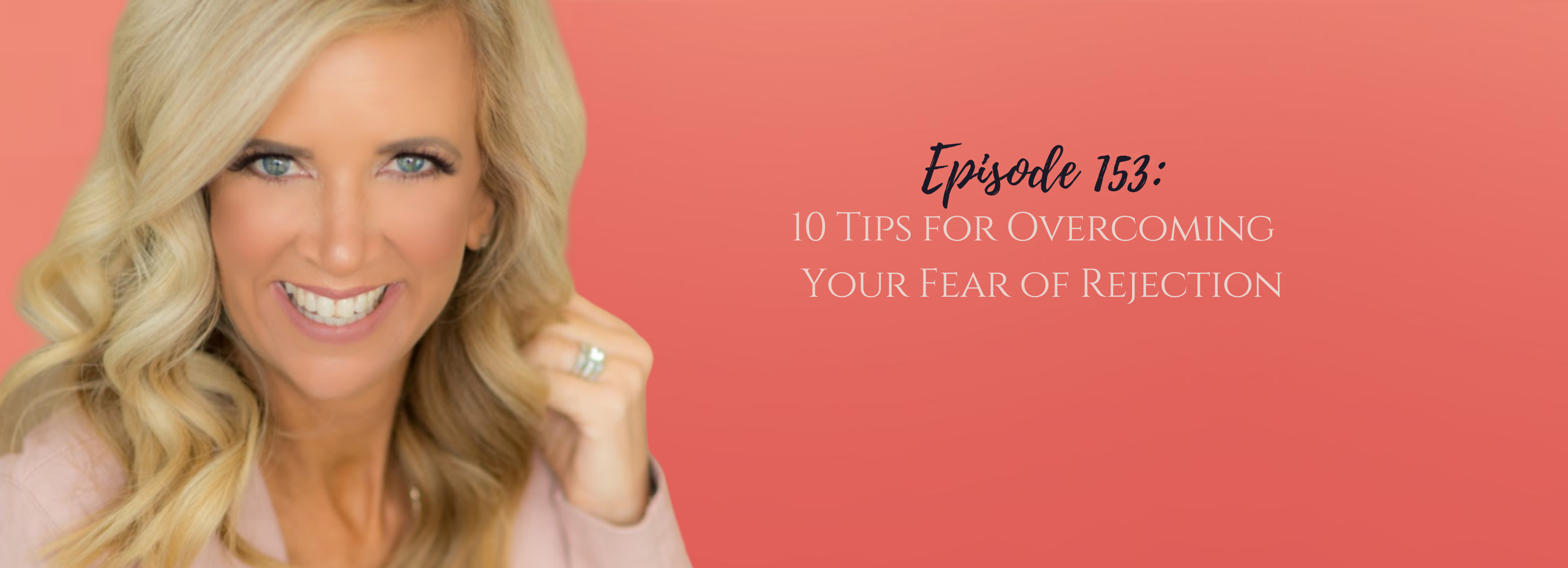
10 tips for overcoming your fear of rejection| 3.23.2022
In this episode, Kristen shares the 10 tips for overcoming your fear of rejection, the different types of rejection, and how do you work through them.
You'll Learn
- What does fear of rejection means
- How does rejection affects a person
- Different types of rejection
- Ways to overcome the fear of rejection
Resources
The Freeze Response and How to Work Through It.
For counseling services near Indianapolis, IN, visit www.pathwaystohealingcounseling.com.
Subscribe and Get a free 5-day journal at www.kristendboice.com/freeresources to begin closing the chapter on what doesn’t serve you and open the door to the real you.
Subscribe to the Close the Chapter YouTube Channel
This information is being provided to you for educational and informational purposes only. It is being provided to you to educate you about ideas on stress management and as a self-help tool for your own use. It is not psychotherapy/counseling in any form.